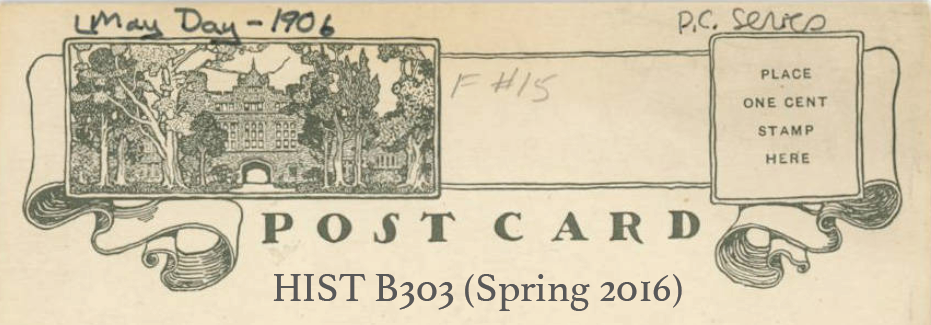Dean Spade in the beginning of his talk listed questions that I think are essential when reflecting on your privileged place in an institution of higher education.
- Who gets to be here?
- What do you learn when you are here?
- What are they training you to do?
- Who does the institution choose to serve?
He follows by stating that those are all deeply political questions. It is one of the great myths that education is and should be apolitical. I appreciated that he directly addressed this point. Education is part of the political system. Established places of higher learning are looked to for examples of how the world outside should operate. When women’s colleges choose to exclude trans people, it sets an example for the same kind of discrimination to exist and becomes standard outside. The metaphor that is common especially in liberal arts colleges is that of the “bubble.” This term becomes problematic not only because it implies that the experience inside is comfortable for all, but also because it implies that the decisions of the “bubble” do not influence the world outside.
The stated purpose of most learning institutions is to prepare students to “succeed” in the world as it is today. Usually this is paired with holding up the often unjust norms of the government and the society. Bryn Mawr’s website lists the mission of the college to be “to provide a rigorous education and to encourage the pursuit of knowledge as preparation for life and work.” This addresses the question that Dean Spade posed about what they are training us to do. The mission statement closes with a particularly political message: “The academic and co-curricular experiences fostered by Bryn Mawr…encourage students to be responsible citizens who provide service to and leadership for an increasingly interdependent world.” What is a responsible citizen? Does the Board of Trustees from December 1998 who approved this mission have complete authority on what makes a responsible citizen? What does training to be a responsible citizen look like in the eyes of the trustees—the group that has the most power in the college to work for or against change? The greatest problem in regards to trans inclusion in the mission statement is the following sentence:
“Bryn Mawr teaches and values critical, creative and independent habits of thought and expression in an undergraduate liberal arts curriculum for women and in coeducational graduate programs in arts and sciences and social work and social research.”
Though recently we as students changed the Self-Government Association Constitution to use gender inclusive language, the outward facing mission of the college still uses language to enforce that the undergraduate curriculum is for women. I would guess that the mission statement page of the Bryn Mawr website probably receives more traffic from non-Bryn Mawr community members than the SGA Blog. Therefore, though the internal Bryn Mawr community is moving toward gender inclusivity, the image of the college is not and as Dean Spade points out, the image that we present to the world outside matters.
Even though there are many people working hard toward more trans inclusion for Bryn Mawr, the image presented to the public is very much still geared towards women. When looking at the Bryn Mawr Admissions page for statements on requirements for application regarding gender, these are the first words on the page:
“Who will you become? Bryn Mawr women go on to successful careers and fulfilling lives along their unique journeys of growth and exploration.”
The marketed image of Bryn Mawr is very much one of empowered women who were assigned female at birth. A history of successful women is what attracts many applicants to Bryn Mawr and so parts of the community have difficulty adjusting that image to be more inclusive.
Websites Referenced
SGA Constitution: https://sga.blogs.brynmawr.edu/constitution/
Bryn Mawr Mission Statement: https://www.brynmawr.edu/about/mission
Bryn Mawr Admissions: https://www.brynmawr.edu/admissions/first-year-admission
